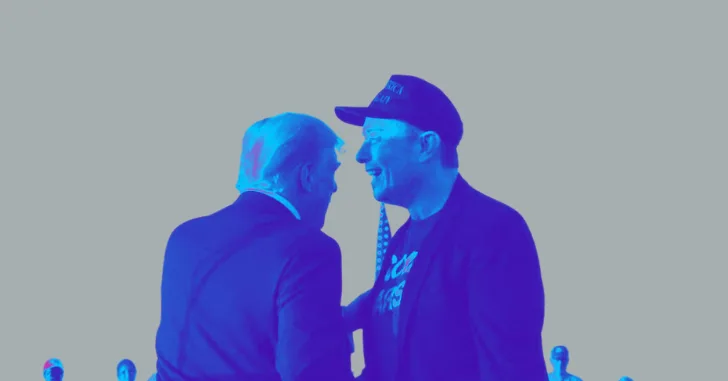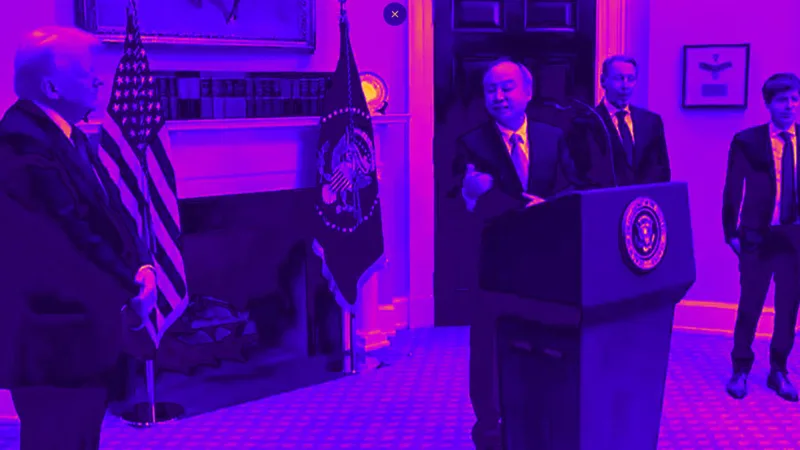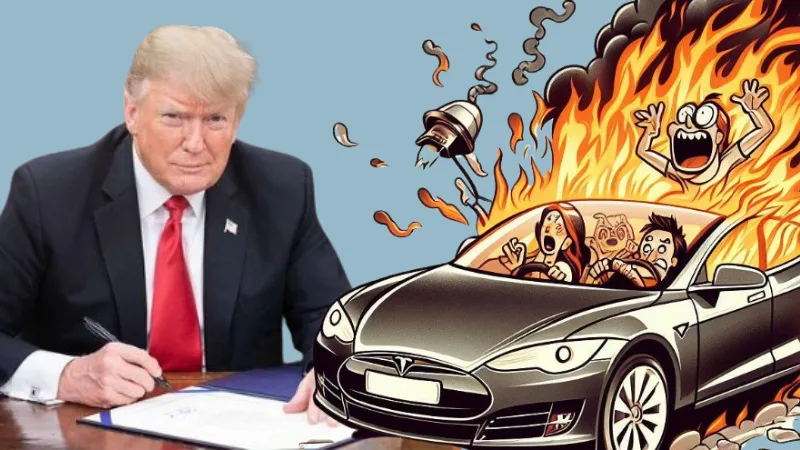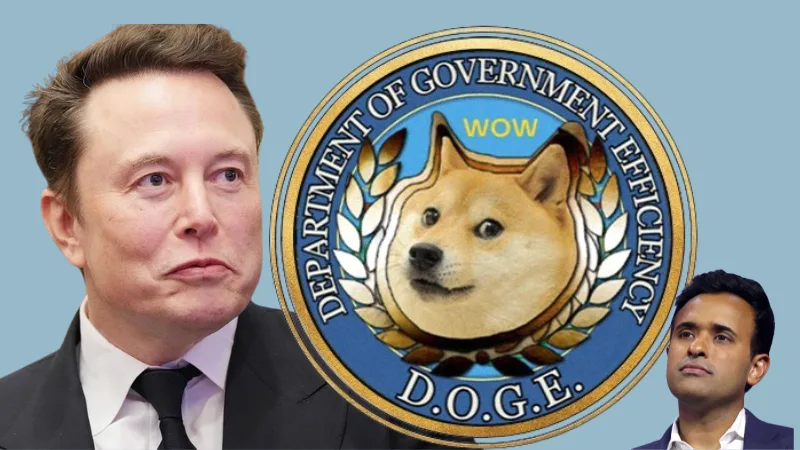Could Elon Musk, one of the most influential figures in tech and now politics, be unwittingly stepping into a trap set by Donald Trump? As the federal government faces a looming shutdown, theories abound that Musk, through his vocal opposition to a bipartisan funding deal, is being strategically positioned by Trump to shoulder the blame for any political fallout. This article explores the plausibility of Trump using Musk as a scapegoat and the broader implications for both men and the Republican Party.
The Shutdown Crisis
The federal government is on the brink of a shutdown. At stake are essential services, government worker paychecks, and public confidence in leadership. The crisis stems from a lack of agreement on a funding bill to keep operations running. Key players include Donald Trump, who remains the dominant figure in Republican politics, and Elon Musk, who has recently taken a strong stance against what he calls “reckless spending.”
Musk’s involvement has added a new layer of complexity. Using his social media platform, X, Musk publicly lambasted the proposed funding deal, calling it an example of Washington’s inability to manage taxpayer money responsibly. His comments rallied conservative lawmakers, further dividing an already fractured Republican Party and stalling negotiations.
Trump and Musk: An Evolving Partnership
The relationship between Trump and Musk has been publicly amicable. The two have been seen together at events, with Musk’s influence over social media and technology seemingly complementing Trump’s political clout. Musk’s rising prominence among conservatives has made him a key ally for Trump, especially as the president elect prepares for a second term.
However, this partnership has raised questions. Musk’s vocal activism has made him a lightning rod for criticism, drawing attention away from Trump and other GOP leaders. This dynamic has led to speculation that Musk’s actions, while seemingly aligned with Trump’s agenda, could also serve to shield Trump from direct blame for any fallout from the shutdown.
The Scapegoat Theory
There is a growing theory that Trump may be allowing Musk to take the lead in opposing the funding deal to strategically position him as the scapegoat for the potential shutdown.
- Strategic Calculations: By stepping back and allowing Musk’s voice to dominate the conversation, Trump could redirect media scrutiny and public ire toward Musk if the shutdown happens and its economic consequences become severe.
- Media and Public Narrative: Musk’s high-profile involvement creates a convenient narrative. As a billionaire tech mogul, Musk’s actions can easily be portrayed as detached from the everyday struggles of average Americans, making him an easier target for blame than Trump.
- Political Risks for Musk: If the shutdown proceeds, Musk could face significant backlash, not only from the public but also from lawmakers who see his interference as exacerbating the crisis. This could weaken his growing political influence.
Criticisms and Counterarguments
Not everyone agrees with the scapegoat theory. Some argue that Musk’s actions are independent of Trump and reflect his genuine beliefs about fiscal responsibility. Others suggest that Trump’s reliance on Musk is more opportunistic than strategic.
- Skeptics’ View: Critics of the theory argue that Musk’s outspoken nature and ideological stances are entirely his own and that Trump has little to gain from orchestrating such a scenario.
- Defense from Trump’s Camp: Allies of Trump have dismissed the idea, pointing out that Trump’s focus remains on uniting the Republican Party and preparing for the 2024 elections.
- Musk’s Perspective: Musk has not explicitly addressed these theories, but his statements suggest he views his actions as part of a broader effort to hold Washington accountable.
Implications for Trump, Musk, and the Republican Party
- Trump’s Endgame: If Trump is indeed using Musk as a scapegoat, it demonstrates a shrewd political calculation to deflect blame while maintaining his influence. This strategy could solidify his leadership within the GOP but risks alienating key allies.
- Musk’s Political Future: Musk’s foray into politics has positioned him as a polarizing figure. While his influence among conservatives is growing, his role in the shutdown crisis could tarnish his reputation and limit his ability to shape policy.
- Impact on GOP Unity: The controversy underscores deeper divisions within the Republican Party. If Musk becomes the focal point of blame, it could further fragment the party and complicate efforts to present a unified front in the 2024 elections.
Conclusion
The theory that Trump is using Elon Musk as a scapegoat for the looming government shutdown is both compelling and controversial. While evidence of deliberate orchestration remains speculative, the dynamics between these two influential figures highlight the complexities of modern political strategy. As the shutdown crisis unfolds, the roles of Trump and Musk will continue to be scrutinized, raising important questions about the intersection of politics, technology, and leadership.
Ultimately, whether Musk emerges as a political scapegoat or a rising power broker, one thing is clear: the stakes have never been higher for both men and the Republican Party.






